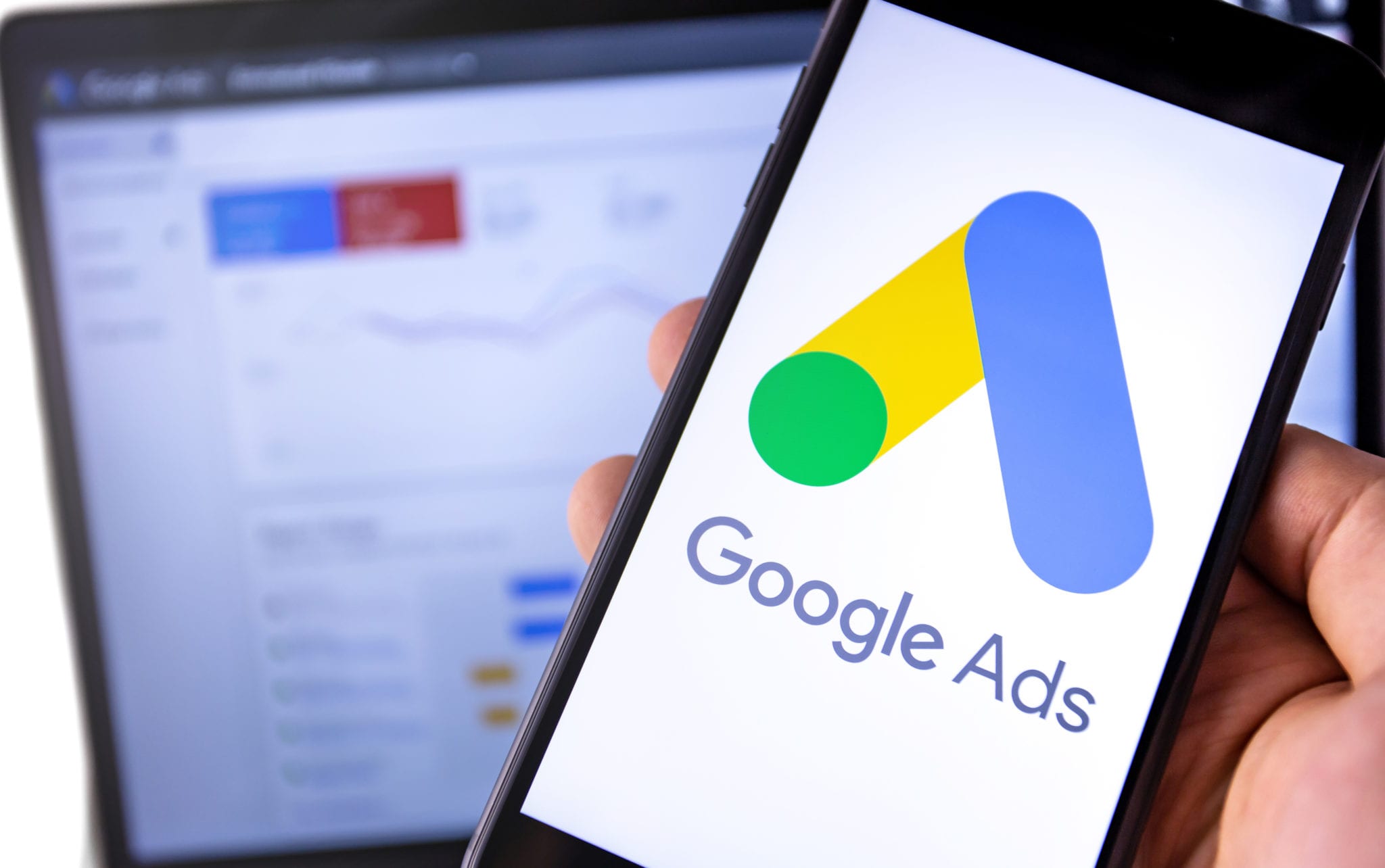Why does Google have a verification process for advertising?
Google advertising is a great way to make people aware of your business and the services you offer! In order to ensure that your business is safe and trustworthy, Google requires you to complete a verification process.
This blog post will go into detail and help you understand why there is a verification process in place.
Advertiser Identity
Google will require advertisers to verify their legal name throughout their advertiser identity verification process.
This is to ensure transparency for the users of Google. Users on Google will be able to see this verified data while they are searching, so that they know the advert they are seeing is trustworthy. You can find out more about how this will be shown to users viewing your ad here.
This requirement is being expanded across their ad network; however, they are prioritising certain advertisers and businesses first. This includes:
- Promotion of products, good, and services (e.g., retail, media/entertainment, travel, B2B)
- Promotion of informational, advisory, or educational content (e.g., educational content, research, and statistics, free health or final advice, social and charitable causes)
- Promotion of content related to registered industries (e.g., gambling and games, financial produces or services, healthcare products or services)
How long will I be given to complete advertiser verification?
You will be given 30 days by Google to submit any documentation. This must be done by an authorised person within the business. You will then have a further 30 days to submit any other documents or complete any further verification steps required by Google. If you do not do this, your account will be paused.
Election advertising
If you are producing Election ads of any type, Google will ask you to complete election ads verification. You will not be able to run election ads without this.
How will Google use your information?
Google uses the information you provide for two main reasons:
- To verify your identity
- Show your name (or name of your business) and location on ads that you run – to ensure transparency for its users (as mentioned above).
Google may also make the following information publicly available as its ad transparency increases:
- Advertiser name change history
- Ad creatives
- Dates and locations ad served
- Ads removed or accounts suspended for legal or policy reasons
- Business contact information
Personal contact information, phone numbers, or email addresses will not be published!
Business operations
Google may ask for you to verify details regarding your business operations. This is again to ensure transparency and trust between you and their users.
The details about your business they may ask for include:
- Business model
- Business registration information
- Types of services you offer
- Business practices
- Relationships with advertised brands or third parties (if applicable)
Restricted content
To protect their users, Google only allows legitimate advertisers to run advertisements in certain regulated industries, such as Gambling and games, Healthcare and medicines and Financial products and services.
You may be required to complete the verification program to confirm that you meet local licensing requirements. This is in addition to possible additional identity checks.
Note that Google constantly reviews their restricted content policies due to a fast-changing industry and society, so new verifications processes may be introduced at any time for certain content.
Ad formats and features
Google may ask you to complete verification to access advanced ad formats and features of Google Ads, such as HTML5 Ads and Local Services Ads.
This is done to ensure quality ads, and Google may introduce new policies to access certain ad formats at any time, due to policy violations and abuse which is constantly reviewed.
What would happen if you violated the Google Ads Policy?
If you violate the Google Ads policy or given false information, this can mean that verification would be removed, and your account may be suspended as a result.
Google also reserves the right to verify your account again. You will be notified if you must do this. This may not be because you have violated any policies and could just link to significant changes in your Google Ads account.
Advertisers are solely responsible for their use of Google Ads. Any advertiser that is found to have submitted false information will have found to be in violation of Google’s Circumventing Systems policy.
Google does try to validate the information that is provided to the best of their ability; however, they cannot guarantee or assume responsibility for any of the advertiser’s content or activity – so advertisers remain fully responsible.
You can read more detail about each of the points mentioned in this post in relation to the verification process here.
How can we help?
Here at O’Brien Media, we can help you through the whole Google Ads process and help you use them effectively. Please get in touch with one of the team who would be more than happy to help!


